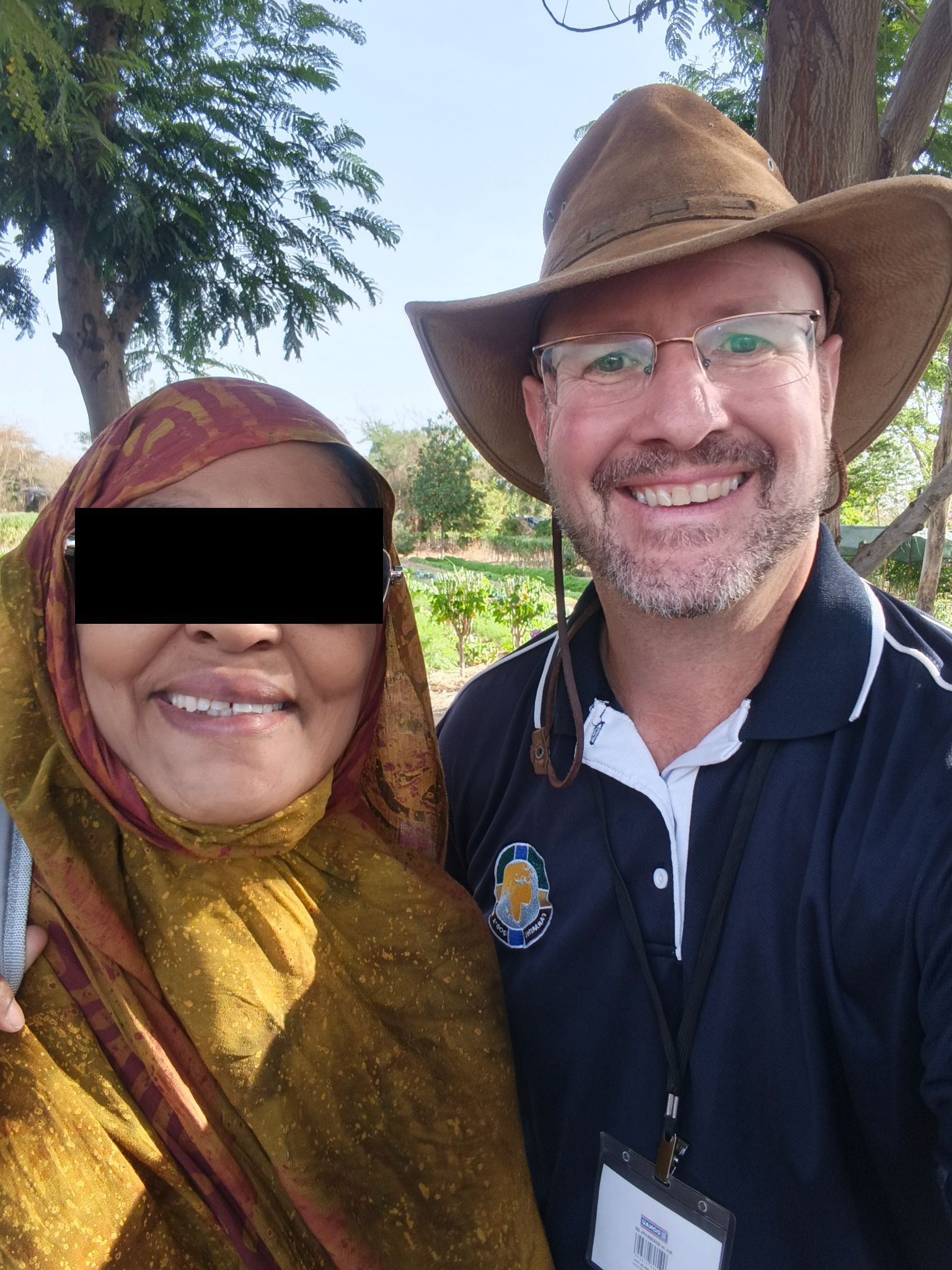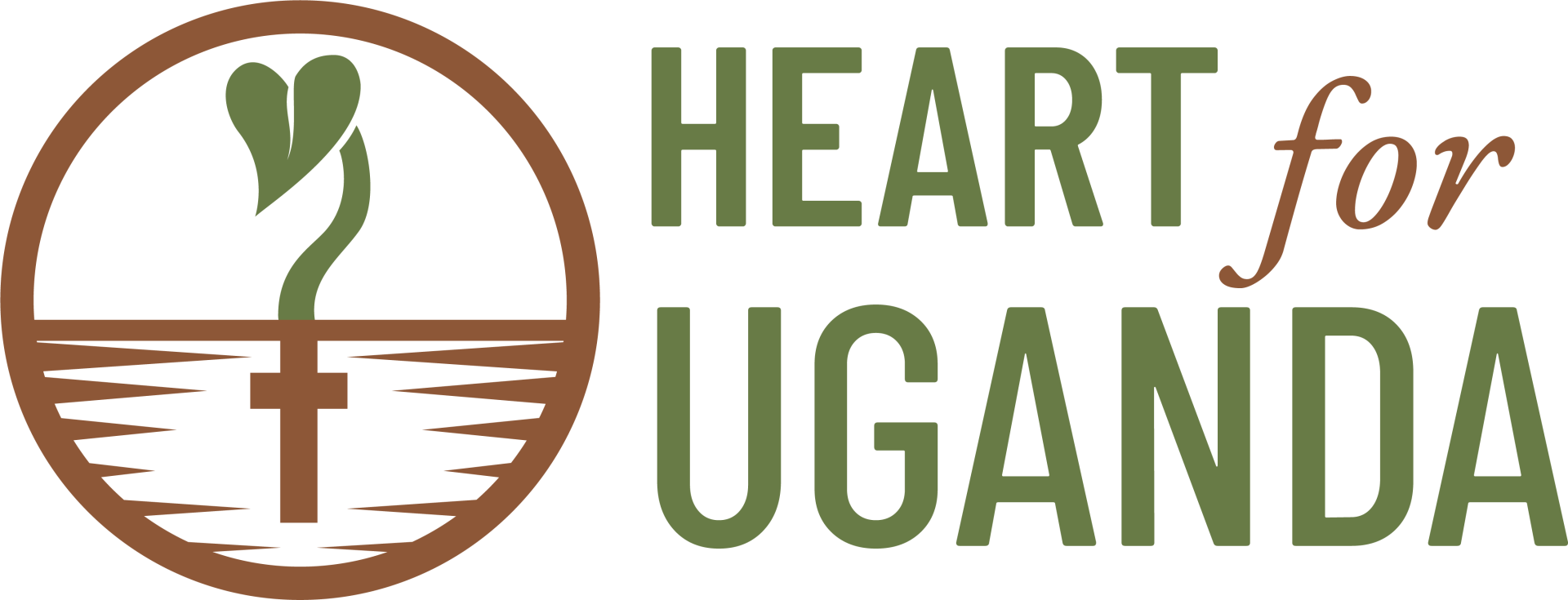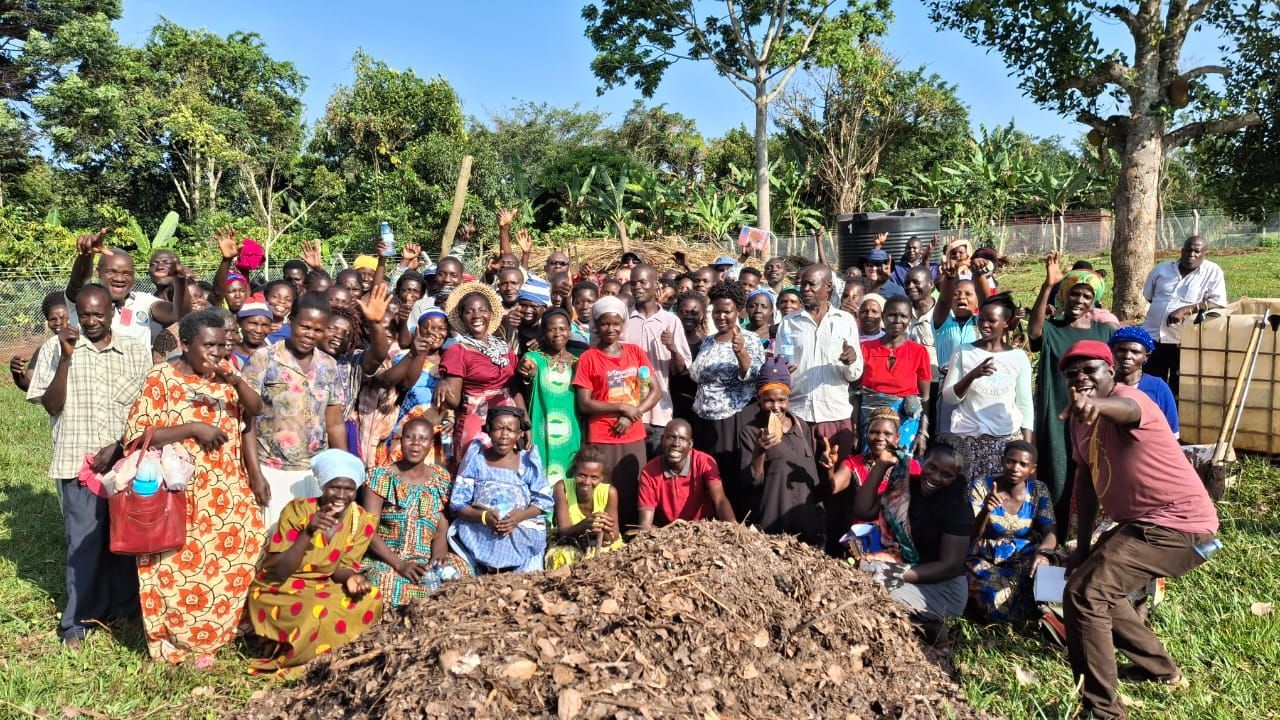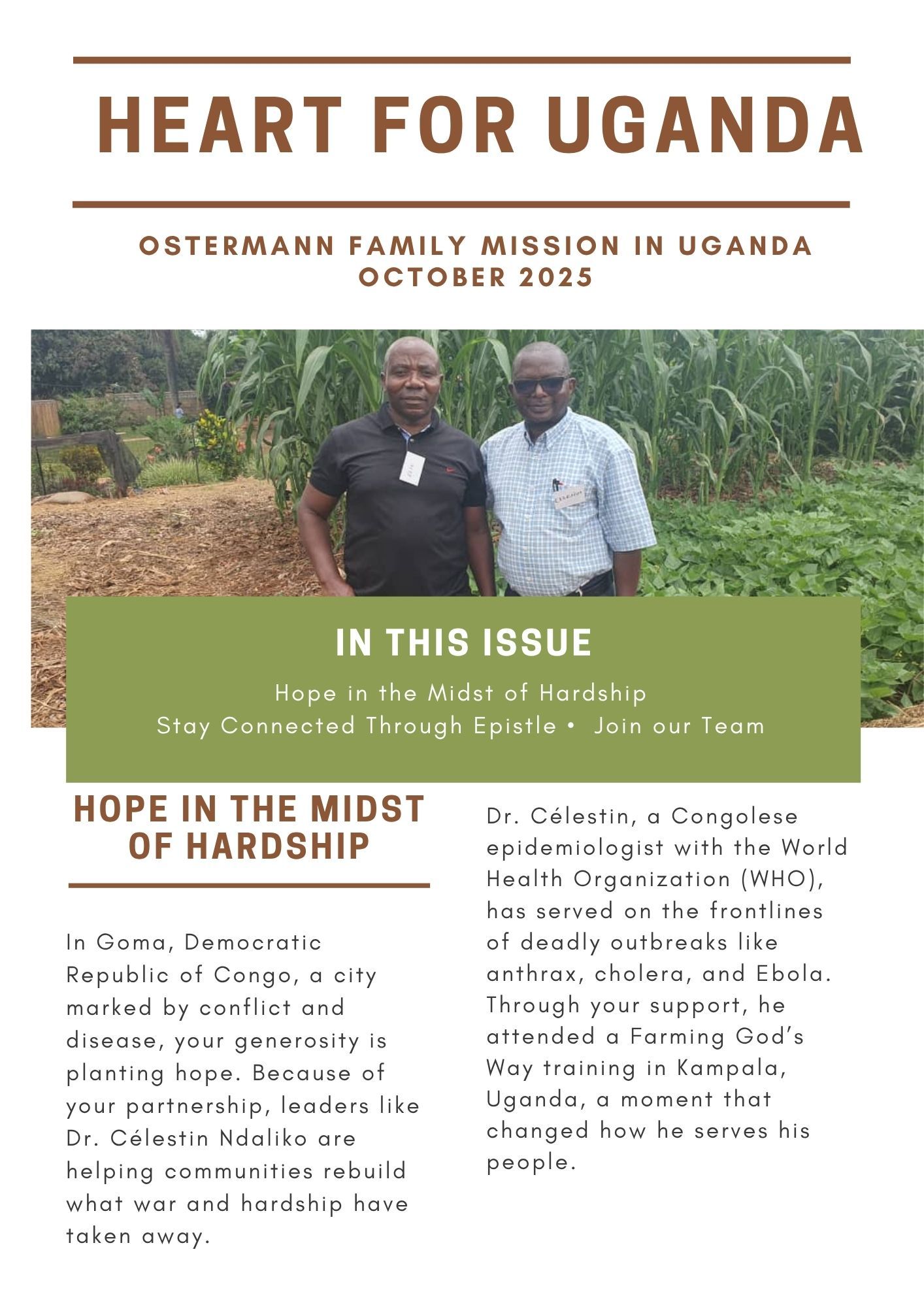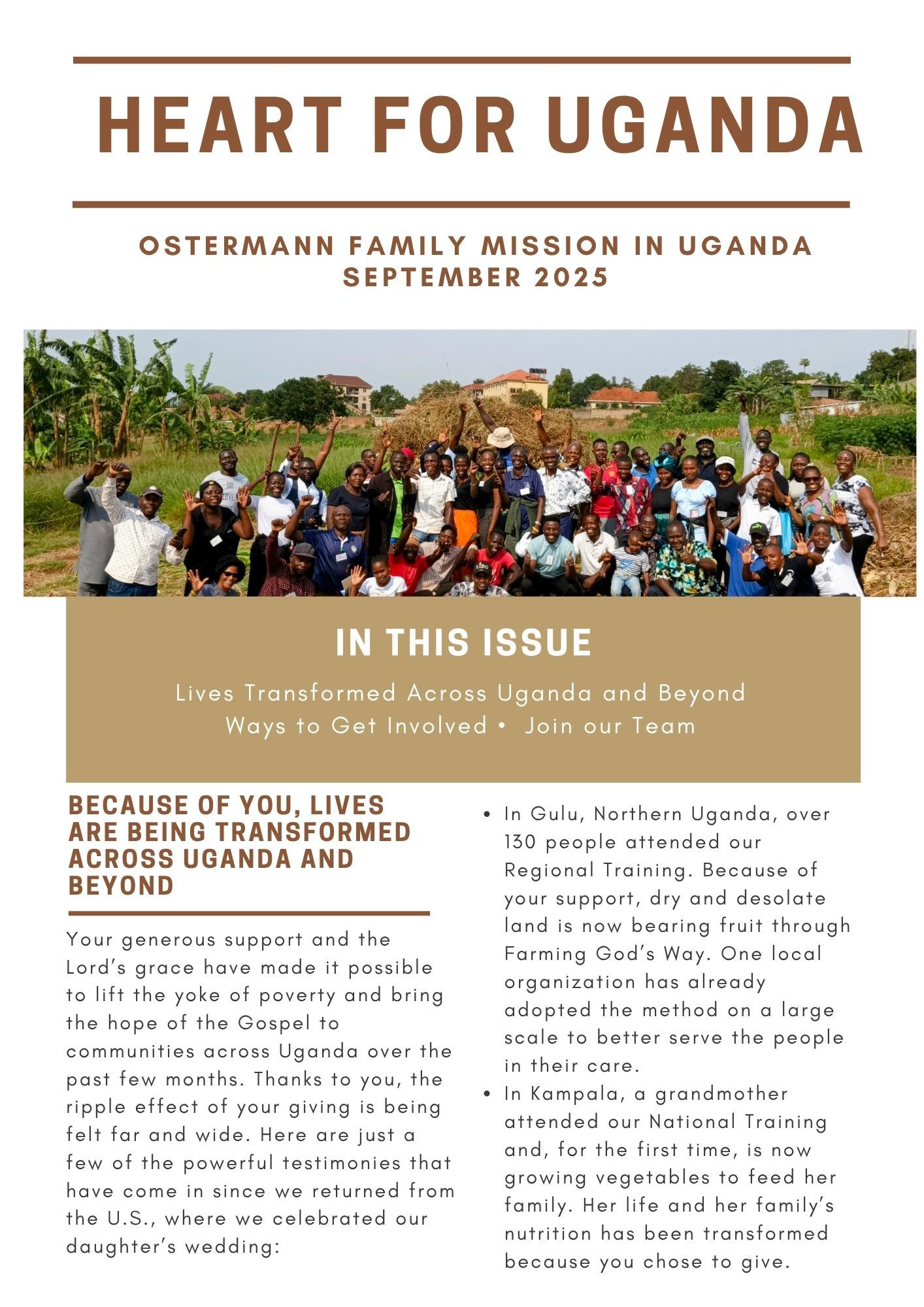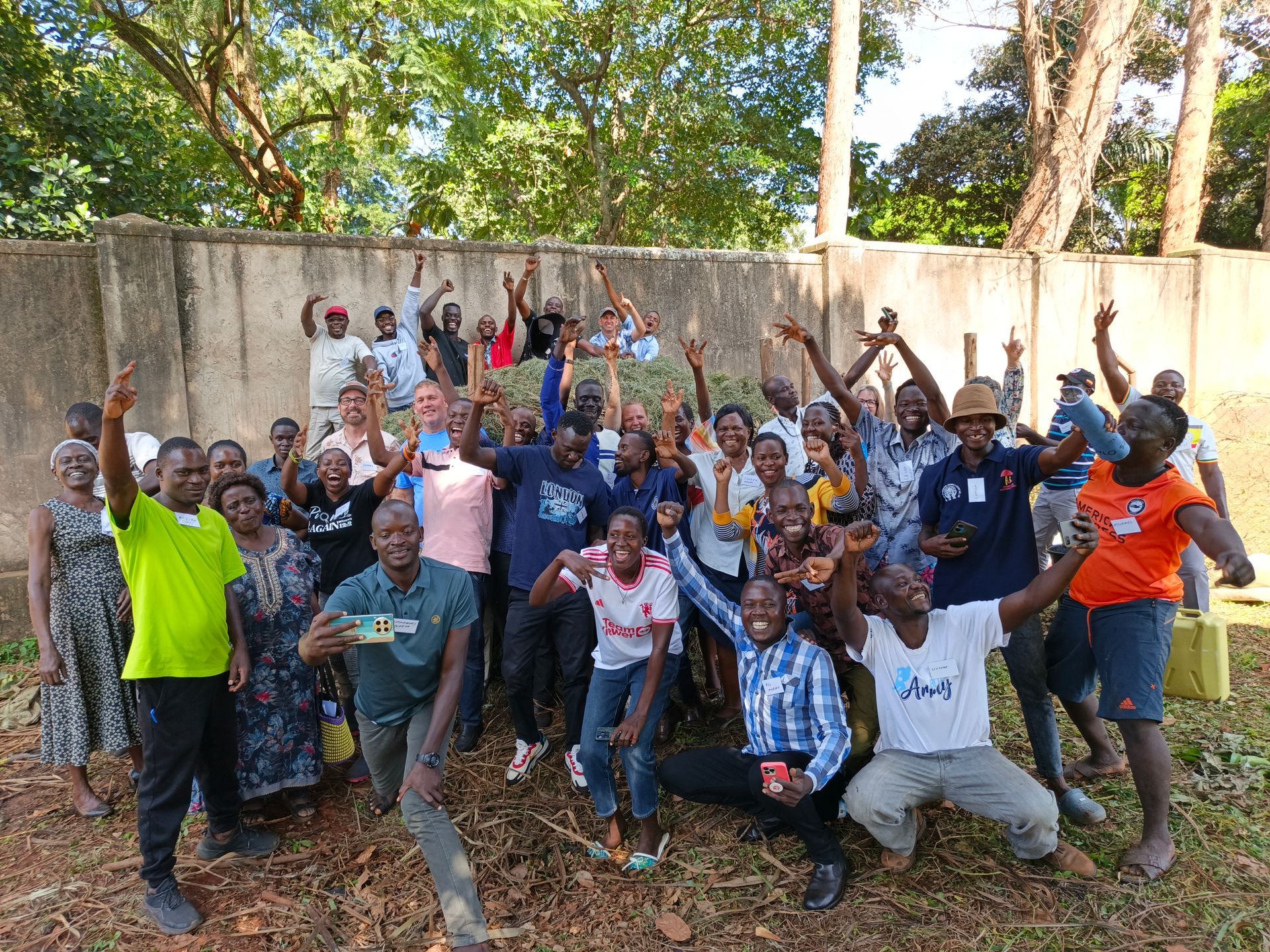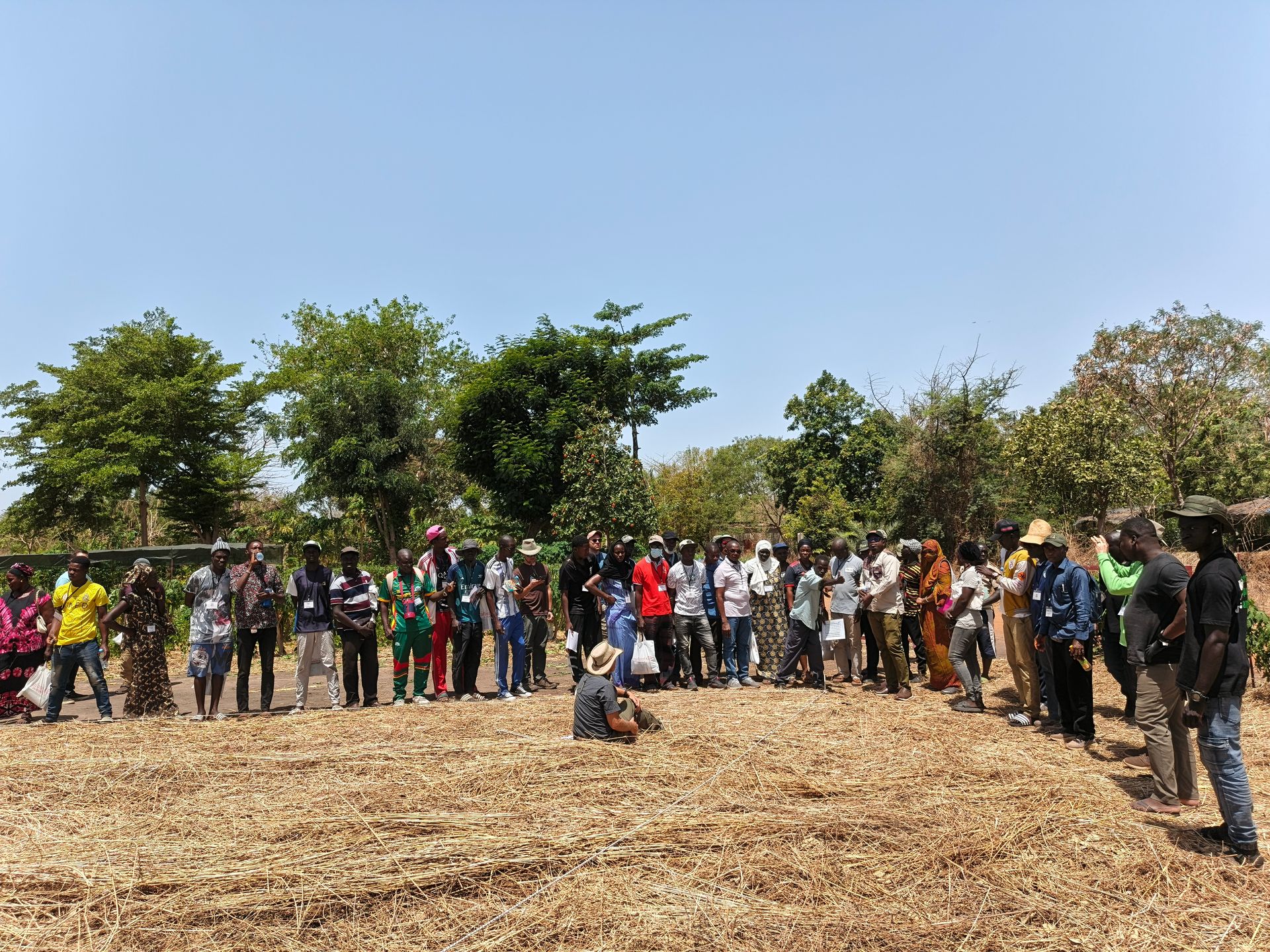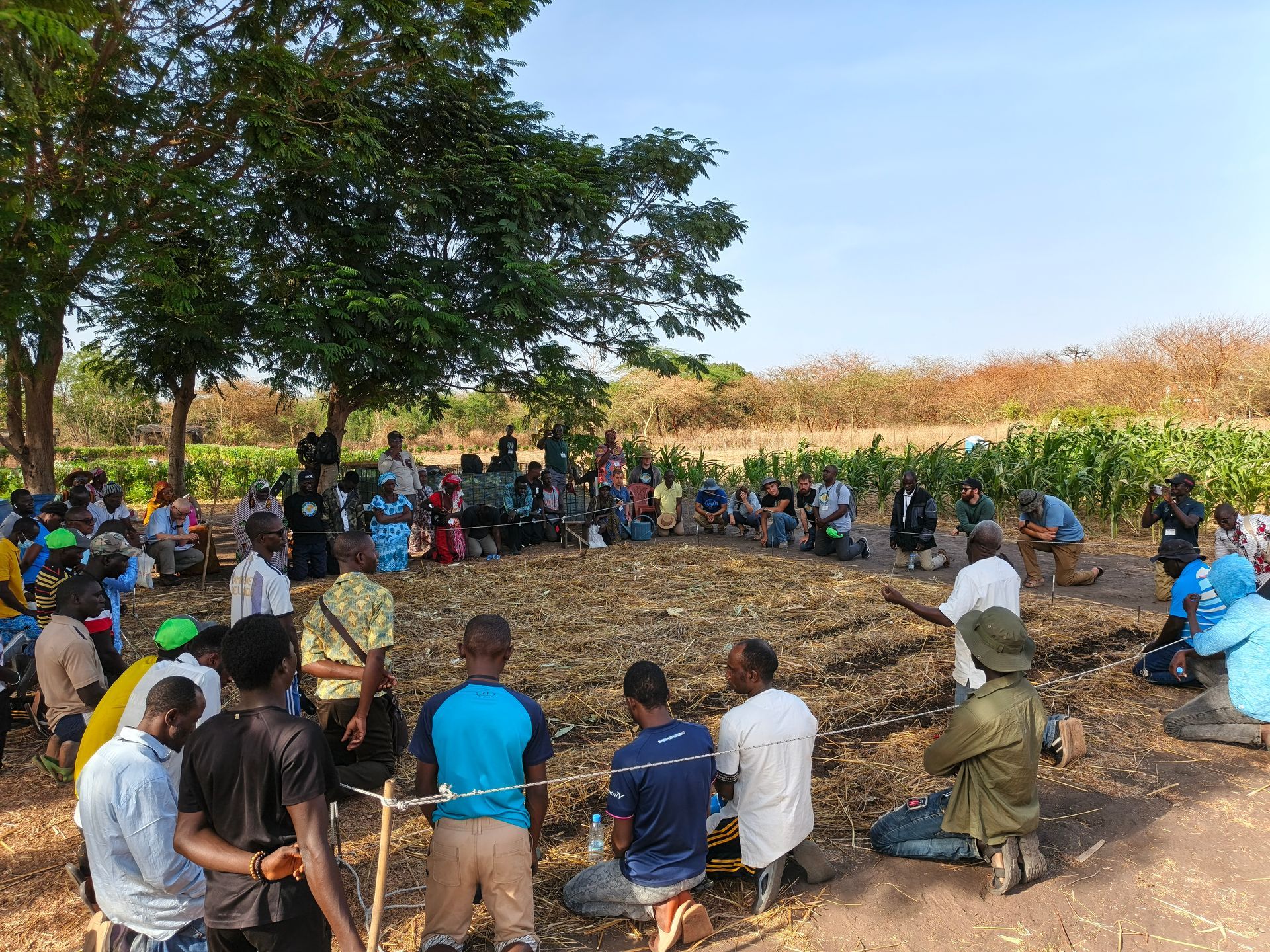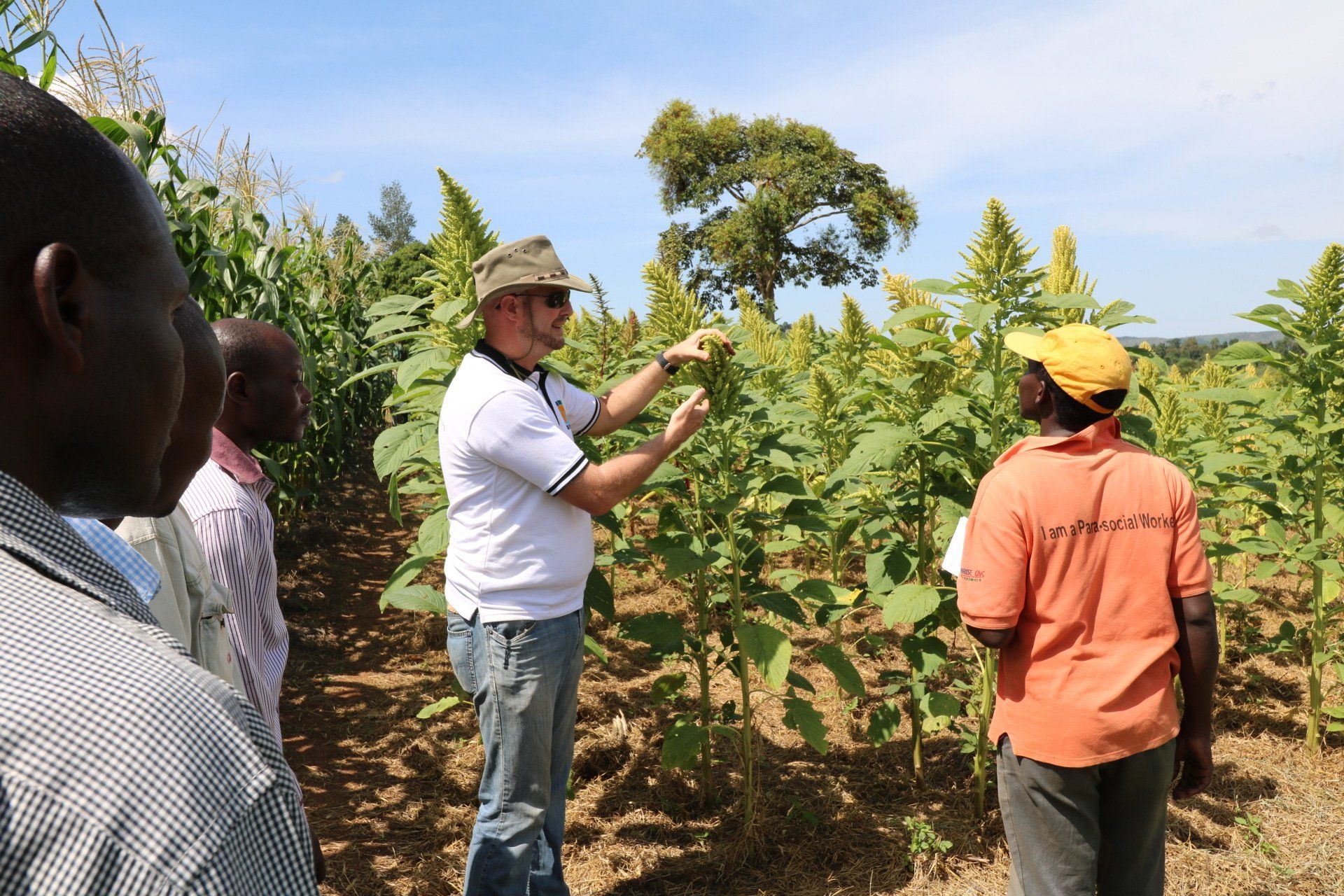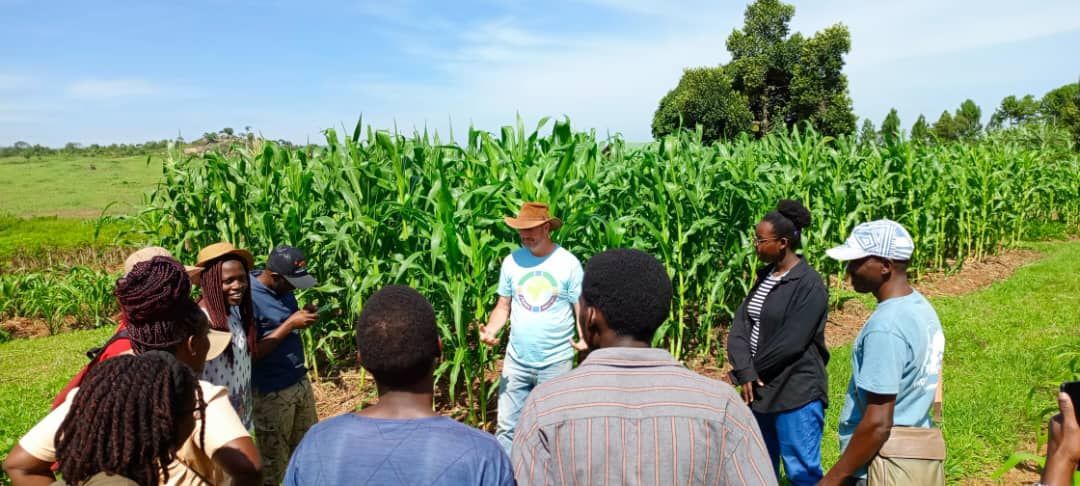Funding our Mission FAQ
We receive quite a few questions about the funding of our mission, so I thought it was worthy of a blog post to try to answer the most frequently asked questions. I hope this clears up any questions you may have, but if not, feel free to shoot me an email.
How will you earn a living while you are in Uganda?
We are reliant on raised funds to fund our mission. This comes from individuals and churches that wish to support what we are doing in Uganda. By contributing to our mission, you become part of our team and therefore a critical part of the work we do.
Aren’t there paid missionary positions, so you don’t have to fundraise?
Yes, there are many paid missionary positions, but we have been led to a specific mission in Uganda that doesn’t fit the mold of many sending organizations. The mission board of our denomination focuses on evangelism and church planting. Our mission is more related to discipleship and thus doesn’t fit their model. Many of these organizations will send you where they need you to go, and will move you when they need you elsewhere. We feel a strong call from God to serve in Uganda, so we feel that going as independent missionaries is a good fit for our family.
Is your church supporting your mission?
Faith Baptist Church is supporting approximately 16% of our monthly budget. We are very blessed that they are supportive of our mission in Uganda.
Is raising funds for missions Biblical?
A much better author than I wrote an excellent article about the Biblical case for supporting missionaries. Check it out here: http://missionsuntold.com/the-biblical-case-for-support-raising/ This author points out that not only is it Biblically acceptable, it’s the way God did it for the priests, the Levites, the apostles, and for himself in the form of man, Jesus of Nazareth.
Paul was a tentmaker, couldn’t you be bi-vocational?
Yes, that is something that interested me when I started down this road. Believe me, I would rather earn my own money rather than rely on others for support. I’ve met with quite a few missionaries for advice as we have journeyed down this road and basically there are advantages and disadvantages to each, but for us and the mission we are doing in Uganda, the advantages of raised support outweigh the advantages of tentmaking. For a complete listing of advantages and disadvantages I found, check out: http://missionsuntold.com/tent-maker-vs-full-time/. One of the main reasons for us going on raised support is that time doesn’t work in Uganda like it does in the U.S. Things take much, much longer than they do here, so if we are tied up working 8-9 hours per day to make a living, we won’t have much time for ministry. Another of the main advantages of raised support is that it grows the team of supporters for us in Uganda. If people are sending us money on a monthly basis, we are likely to remain in their prayers and the need for prayer support is huge while we are in the mission field.
Are you comfortable asking for support?
NO! Fundraising for non-profits has always been something I have disliked, but asking for money for myself is even harder. It is getting easier because God has shown me that I’m not asking for people to give me money, I’m asking for people to give money to God to do His work in Uganda. I’m just a tool He is using to accomplish His mission and the people that support us are a part of that mission. I had viewed the transaction as a horizontal transaction between the person giving and us. He showed me that it was a vertical transaction between the people giving up to God and God blessing us with the funding to accomplish His mission.
It was also a pride issue with me that God has been working to remove. I had always been a self-made man and felt responsible for my own successes. I put myself through college by working two jobs and joining the Marine Corps reserves to help pay for school. I’ve worked hard to gain knowledge to get promoted at my job and be trusted with more responsibilities. To bypass my pride and realize that I can’t do this myself and am reliant on God’s providence through other people has been a difficult process that I have yet to complete. It is getting easier, but it is still a little difficult.
Are donations to your mission tax deductible?
Yes! The funds go to a Heart for Uganda which is a 501(c)(3) tax exempt organization. Donations made to our mission through Heart for Uganda are tax deductible.
How much money do you need to raise?
We need approximately $4,800/month. We are asking our supporters to support us monthly so that we have predictable cash flow. Automatic checking account drafts are preferred because once setup, our supporters don’t have to do anything to continue to support us. Credit card payments are the least desirable because 3% of the donation is withheld to pay credit card fees.
That is a lot of money, I thought it was cheap to live in Africa?
I thought so too, but it is not the case. First, housing is difficult to come by and when you do find it, it is expensive. There has been an influx of people moving into cities and towns in Uganda as well as a bunch of missionaries looking for housing. Housing is the largest part of the expense of my budget. Another thing that attributes to the high cost is the cost of fuel. Gas currently costs $6/gallon, so that makes auto fuel, cooking fuel and electricity over twice as much as it costs in the U.S. The high cost of fuel also makes many of the groceries and supplies we use cost twice as much as it does in the U.S. This caught me off guard, as I thought everything would be cheaper there.
We also have to budget for periodic furlough trips back to the U.S. to see family, recharge and refresh supporters. Roundtrip airfare costs about $10,000 for a family of 5, so these trips will only be able to be made every 18-24 months. We budget monthly for these trips so that we don’t have to come up with a huge stack of money all at once, so we have to budget between $450 and $550 monthly for these trips.
Another expensive line item is health insurance for our family. We will purchase a high-deductible international insurance plan that basically just covers emergencies and high cost items. These plans also cover emergency evacuation if there is some emergency medical event that requires attention at a hospital that is not in a developing country. These plans are expensive and range between $400 and $500/month for a family of 5.
How much are you asking for?
This is a question that I ask donors to ask for guidance from the Holy Spirit. We have donors supporting us from $10 up to $300 per month currently. Any and all support is greatly appreciated!
How do people go about supporting you?
You can support us through either ACH draft, check or debit/credit card payment. You can go to www.heartforuganda.com/donate for specific instructions on each of these methods.
I really do hope that this answers all the questions that you may have regarding the funding of our ministry, but if you should have questions, shoot me an email at: klint@heartforuganda.com.
The post Funding our Mission FAQ appeared first on Heart For Uganda.
